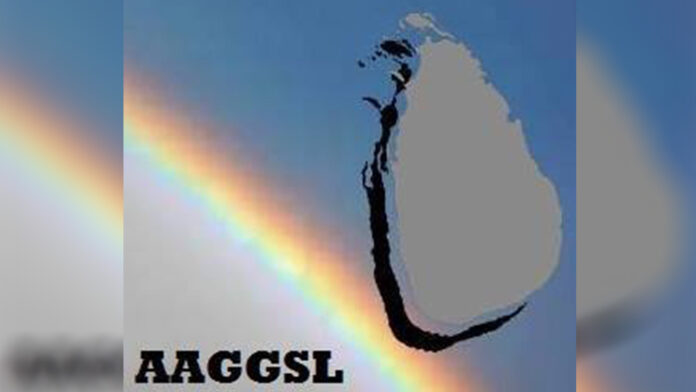30 August 2023
In February 2008, the Australian Government recognised the Aboriginal and Torres Strait Islander peoples (the First Peoples) as ‘the oldest continuing cultures in human history’ in its National Apology to the Stolen Generations. However, the Constitution that needs to unite the Australian people does not mention or recognise the Aboriginal and Torres Strait Islander peoples.
On 14 October 2023, Australians will vote in a Referendum on whether to amend the Constitution to recognize the First Peoples. The proposed amendment will alter the Constitution to recognize the First Peoples of Australia by establishing an Aboriginal and Torres Strait Islander Voice.
The Voice will be an independent and permanent advisory body that will provide advice to the Australian Parliament and Government on policies and projects that affect the Aboriginal and Torres Strait Islander peoples’ lives. A YES vote will bring about a historic change that could deliver them better health, education, jobs, and the long overdue justice they deserve.
We are aware that a YES vote on its own will not provide a holistic solution to addressing the problems of the First Peoples. Nevertheless, it will pave the way for a better consultation process with the First Peoples, who have been denied a just share of socioeconomic benefits that befits a wealthy country like Australia.
As has been done in New Zealand, Canada and the United States, much more progress can be achieved by making a treaty arrangement between the First Peoples and the rest of Australia. However, the present economic and political environment in Australia does not appear conducive to making such arrangements. Given these circumstances, supporting the YES campaign for the VOICE Referendum would be the most decent and appropriate thing to do.
Many of us have migrated to Australia due to a lack of socioeconomic, political, and human rights in the countries where we were born. The lack of human dignity and respect for our lives, equitable opportunities for employment and promotions, and the lack of appropriate educational opportunities for our children forced us to make this choice. Whatever the reason is, we moved to Australia because we were looking for better opportunities and a fair go.
Ironically, for the many First Peoples of this country, such opportunities, fair go, and natural justice are denied due to the lack of truly participatory democracy. Many important decisions are made for them by ‘others’ who have no understanding of their cultures, beliefs and practices. Only recognition and consultation will provide a better way to reach solutions that may address those issues effectively. And that is the objective of the YES campaign of the VOICE Referendum.
On the other hand, most of those who support the NO campaign base their arguments on misrepresentation, misinformation, fabrication, and deception. They claim that the ‘Aboriginal and Torres Strait Islander Voice to Parliament’ will cause division in the country, give special treatment for the First Peoples, and is dangerous!
The fact of the matter is, based on any socioeconomic indicators, Australia is a fractured country politically and culturally, with the First Peoples suffering profound socioeconomic inequalities and lack of opportunities. Some say the Voice advisory body won’t be representative enough and won’t deliver better outcomes. And some others take a hardline and say, Treaty first.
The Uluru Statement from the Heart, a historic consensus on the way forward issued by the First Nations peoples whose elders and leaders gathered at the 2017 National Constitutional Convention, states: “We seek constitutional reforms to empower our people and take a rightful place in our own country. When we have power over our destiny our children will flourish. They will walk in two worlds and their culture will be a gift to their country.”
At present, more than 50 percent of the Indigenous people are under 25 years old. They are 24 times more likely to be locked up in prisons than their neighbours and more likely to have experienced homelessness than to hold an undergraduate degree. The suicide rate for the Indigenous people is almost twice the rate of fellow Australians. While the current life expectancy for Australians is 84 years, most Indigenous people die by the time they reach 70, and most of these are preventable deaths. According to Minister for Indigenous Australians Linda Burney, just 4 out of 19 closing the gap targets are “on track”.
So, as migrants who value equality, dignity and respect, it is our duty and responsibility to advocate the same opportunities and values for the First Peoples of Australia; and to ask those in authority to take effective measures to address the existing socioeconomic disparities from which the First Peoples are continuing to suffer.
The fearmongering, ignorance, selfishness and idealism with which the ‘NO’ camp is approaching this issue is quite deplorable. We are better than this. The Australian Advocacy for Good Governance in Sri Lanka (AAGGSL) will stand in solidarity with all those people and entities who support the ‘YES’ campaign. And we urge the Australian voters to:
Have courage and vote YES.
Choose goodness and hope over fear and trepidation.
Do the right thing and feel immense pride.
Yours sincerely
Signed
Dr Lionel Bopage
President
Australian Advocacy for Good Governance in Sri Lanka (AAGGSL)
Signed
Mr Antony Gratian
Secretary
Australian Advocacy for Good Governance in Sri Lanka (AAGGSL)

